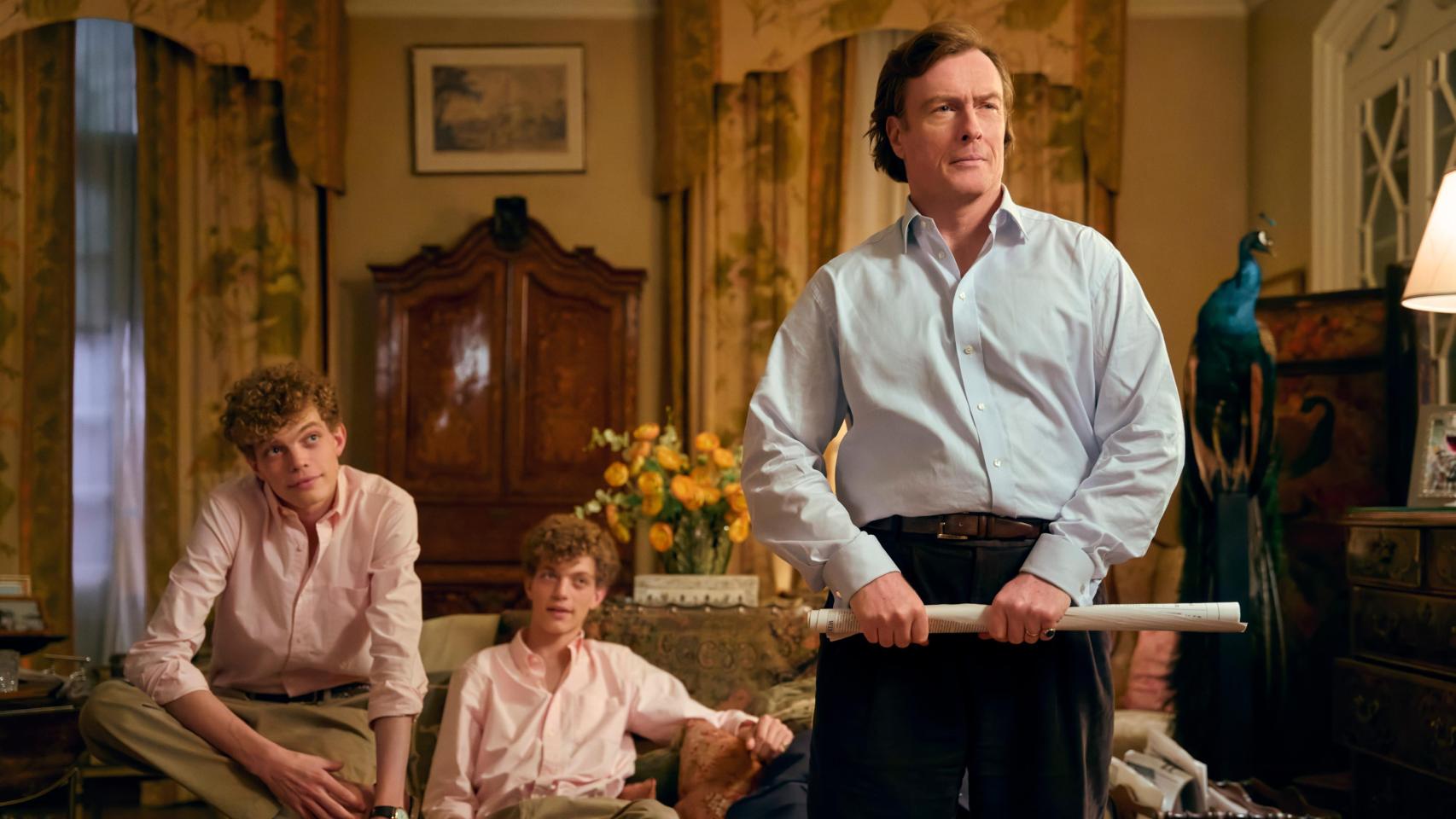One of the most talked-about series last spring was Always the Same Day, a British fiction that ever since it premiered on Netflix has captured the hearts of anyone who dared to watch it without having heard much about it. And one of the few series capable of fitting together the euphoria and fireworks of first love with the pain and heartbreak of a loss.
Created by Molly Manners - whom some may remember from the fantastic series In my skin- and based on the eponymous book by David Nicholls, it follows Emma (Ambika Mod) and Dexter (Leo Woodall) through two decades of their lives, which will be filled with joys and sorrows, small and great victories, and the occasional profound loss.
Specifically, it narrates the meeting between them the night after their graduation. Bewildered and insecure, they don't know how to manage the strong connection they share, so they go along with the jokes and promise not to lose touch.
Tráiler | 'Siempre el mismo día'
It is a tender and deeply moving fiction that has 14 episodes -with an average duration of 28 minutes-. In them, we travel to that July 15th year after year and see how the bond between Emma and Dexter changes as time goes by. In this sense, the miniseries shares certain aspects with the book and carefully maintains the literalness of outlining the story episode by episode as in the pages written by Nicholls.
Little by little, the protagonists grow and evolve as individuals both together and apart, and we become involved with what we see on screen until the end, which prepares us for a twist as surprising and sudden as it is heartrending. However, this outcome is perceived as just another part of a whole journey worth embarking on.
A New Adaptation
'Always the Same Day'
The Netflix series was a huge success and comes fourteen years after the film directed by Lone Scherfig that adapts the same novel and starred Anne Hathaway and Jim Sturgess.
However, although the starting point is the same, the author of the novel on which both productions are based acknowledged that the Netflix series is very different from the previous film. In fact, Nicholls has even admitted that the miniseries format lends itself better to a more convincing and nuanced narrative compared to the original material.
"In the movie, the episodes, the days, become the rhythms of a story that are part of a broader arc and are links in the chain," he explained to Esquire. "In a series, each episode, each day is a story in itself, with a beginning, a development, and an ending. [Often, it has] its own style and tone; a standalone piece, a romantic comedy, a darker drama... And this provides tremendous freedom for the writers."
In addition to discussing the format, the writer also commented on the premise from which the story starts, where the main characters shape the bond that unites them considering the changes they experience both together and apart.
"The premise of the novel was that it should be like looking at a photo album in the same way that a photograph captures a moment in time, they are like small vignettes of how you were at that moment," the writer expressed in an interview.
*This article has been automatically translated using artificial intelligence
